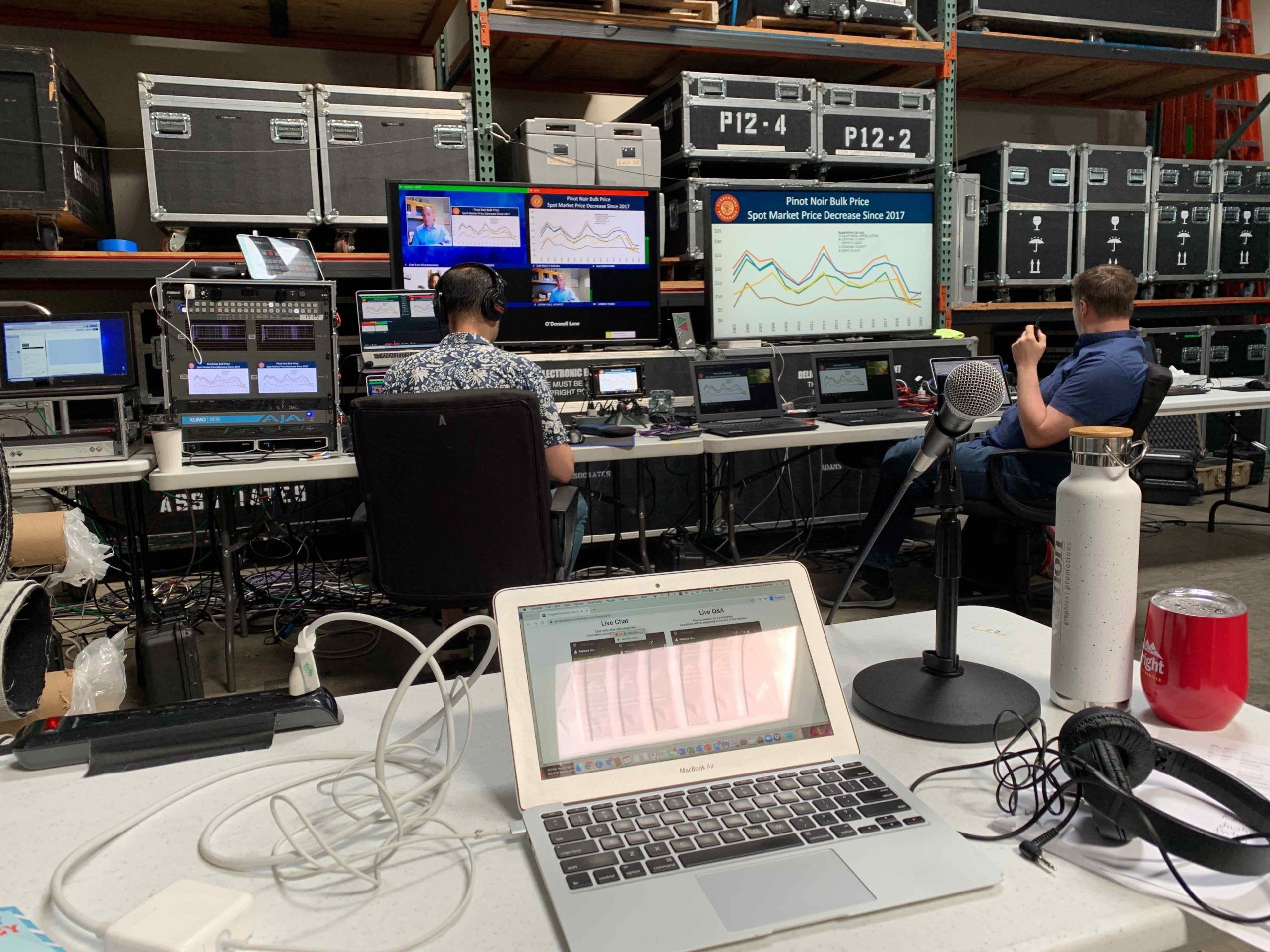O’Donnell Lane PR and events agency had to respond quickly to the new challenge of bringing wine to life via Zoom as well as keep on top of its clients’ very different PR messages during what has been such a fast changing and stressful time.
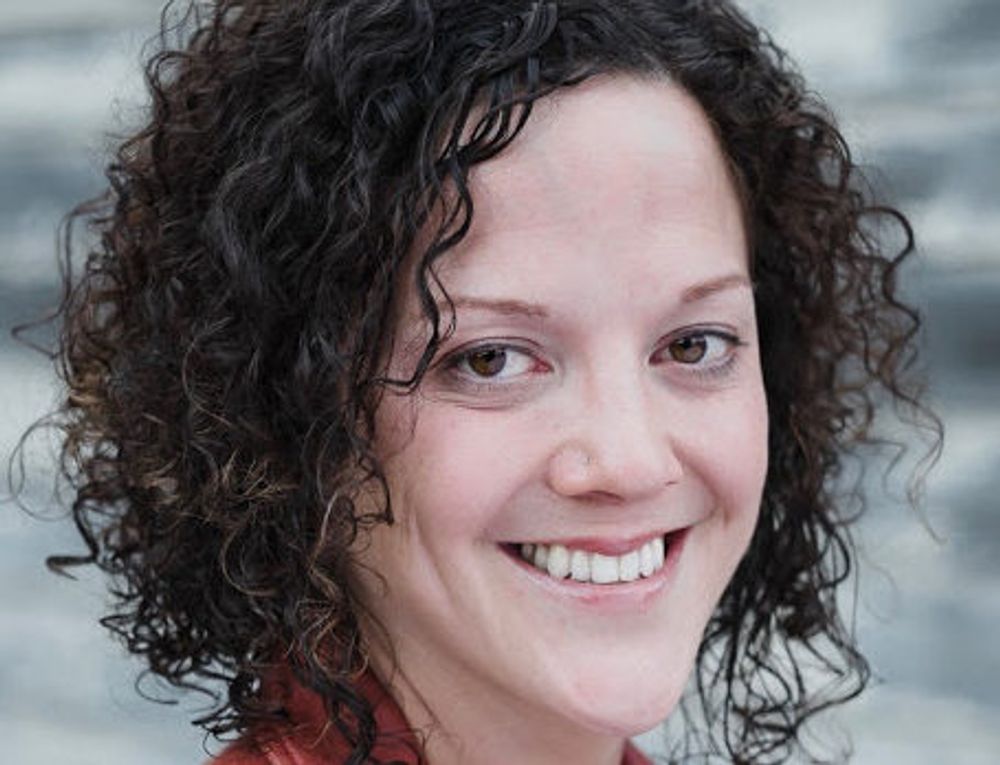
Katie Canfield on the challenges and opportunities of now taking events, seminars, conferences and tastings online
Tell us a little bit about how your company, O’Donnell Lane, operated before the crisis hit?
We are a PR and marketing company specialising in communications, strategic planning, trade relations, and events—anywhere from small scale trade and media events, lunches, or seminars to large-scale multi-day trade shows of up to more than 1,000 people. While brand building and marketing are a principle part of what we did and still do, events are really important to us—bringing people physically to our clients is what we excel at, as well as figuring out the logistics of organisng an event—which no one really wants to do for themselves and which brings value to our clients.
What kind of events do you arrange?
With Wine Business Monthly, we work on about eight shows in a calendar year addressing all topics across the wine industry, like viticulture, finance, winemaking, human resources, and packaging. These are all different shape and sizes, operating largely on a local scale for wineries in California and the Pacific Northwest, but often including international speakers and panels.
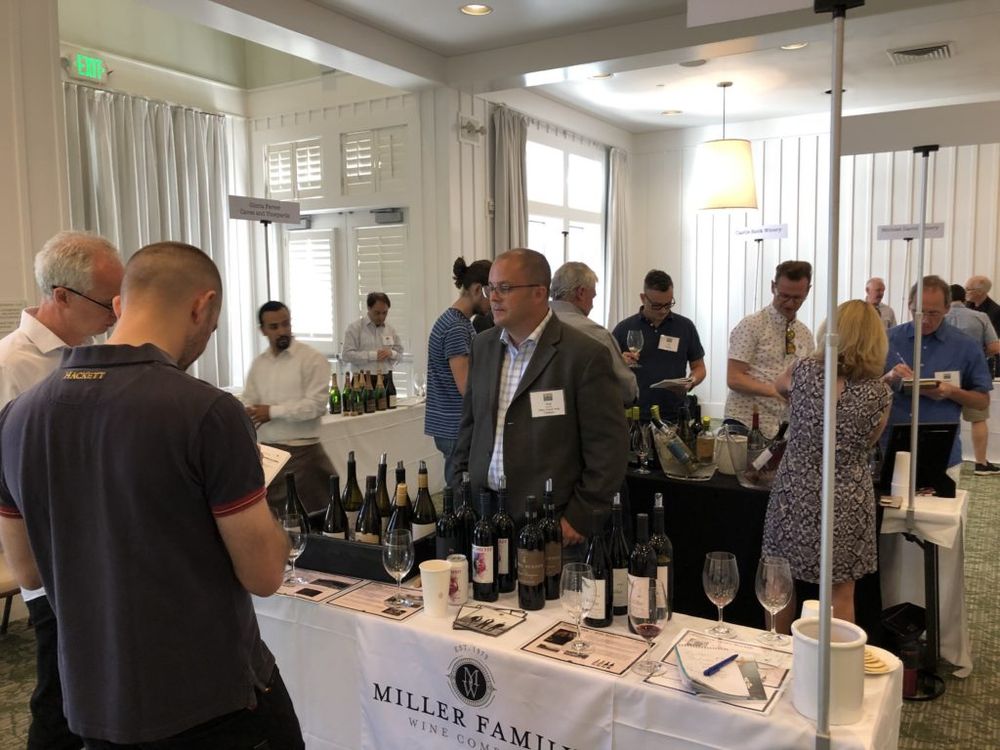
Katie Canfield and the O’Donnell Lane PR team were behind the logistics of The Buyer and California Wine Institute inaugural UK and Ireland buyers’ trip to California last autumn
For California Wine Institute, our scope of work primarily included organisng trade visits to California, for members of the trade from all around the world – Mexico, Germany, the UK, China, Japan, etc. – to visit California regions and wineries. Most recently, right before Covid-19 hit, we coordinated with California Wine Institute to produce Export 2020, a conference for over 250 attendees, featuring Jancis Robinson MW as keynote speaker, which offered key insights to wineries on how to work in each of their key export markets.
How have you dealt with the postponement and cancellation of these events?
My life got flipped-turned upside down! I hate to use this word because it’s so overused, but we pivoted. We had to make some serious decisions in supporting our clients in how to deal with the impact of Covid-19 on these events, because there was a great deal of uncertainty at first on whether these events would be able to go ahead – maybe things would get back to normal quite quickly – but once it became clear that they couldn’t go ahead, we had to issue careful messaging to all of our partners, all of our attendees on what our plan was.
The plans we had to come up with quickly and for large-scale events that were initially postponed, we’re still continually monitoring the situation to see whether they can happen later on this year. For other events, we’ve been taking them online. It was really key, right at the start, that our messaging was appropriate to the different audiences for each event. We had to think of how everyone was doing and being affected, understanding the local and global context.
What have you been doing online?
What haven’t I been doing online? “Crisis communication continuum” has become the catchphrase, which we’ve been helping our clients implement. Now, in every communication it’s paramount, more than ever, that the messaging is appropriate and correctly targeted to the audience. So, we’ve spent a lot of time on getting that right across all platforms – from social media to email newsletters to media pitches. Before, on and off-trade were interconnected and we spoke to them in more or less the same way; now, they’re completely different, so we have to use to the correct language for each audience, understanding what they’re going through, while still helping our clients market and sell their product.
What about online events?
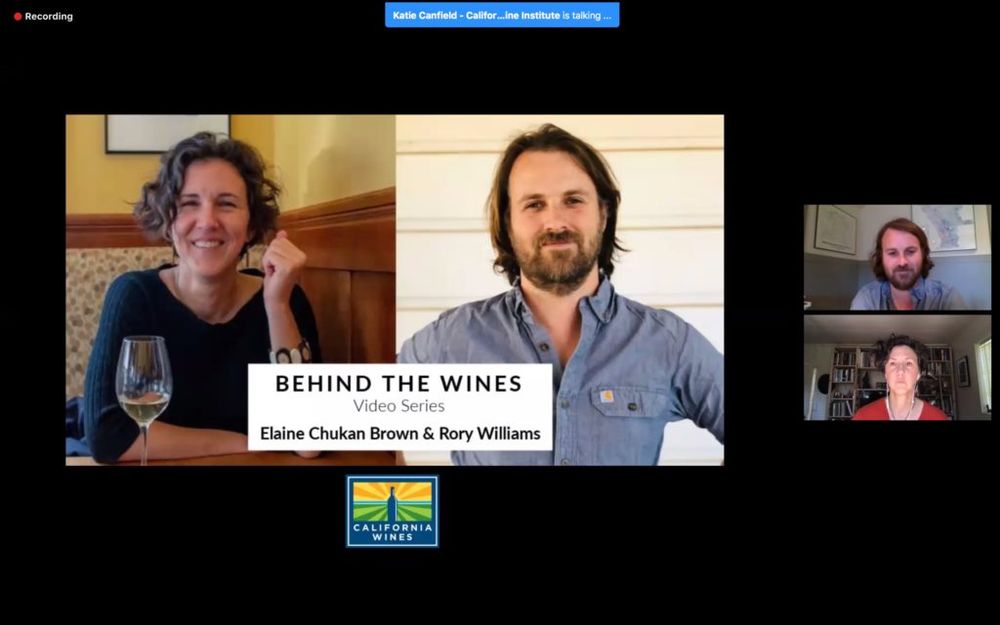
The weekly Zoom interview between wine writer Elaine Chukan Brown and leading Californian wine figures was the idea of California Wine Institute but it has been the O’Donnell Lane team that has worked behind the scenes to make it happen.
We’ve dabbled in IG lives, but for content heavy events we’ve relied on Zoom to create webinars for up to over 500 participants around the world for any given session. With California Wine Institute, we’ve partnered with Elaine Chukan Brown to do a weekly webinar series titled “Behind the Wines” for international trade, which timing-wise benefits Western Europe and Canada, but we still have people from Japan and other Asian markets (where it’s the middle of the night) who tune in. The purpose of the series is to bring a bit of California wine country to international trade, most of whom are stuck at home, through conversations with some of the state’s top wine producers.
We’ve also done more targeted, smaller-scale, consumer-facing webinars. A recent example is one on sparkling wine from around the globe, featuring Washington State producers who want to promote this style of wine that most don’t associate with the state. For that webinar, we also brought in a California producer, J Winery and Vineyards, and Gaston Chiquet from Champagne. That’s something we wouldn’t have been able to do at such short notice and low cost before.
We’ve also gone so far as to do a two-day webcast, two full mornings of back-to-back panels for Wine Business Monthly’s Vineyard Economics Symposium, which was supposed to take place in Napa, and we were able to include speakers and attendees from British Columbia, the Pacific Northwest, and other parts of the US – the largest audience the event has ever seen. We used a professional AV team, using a more sophisticated system than Zoom which made it more like a newscast.
Tell us about an event you’ve also had to change, Bâtonnage Forum?
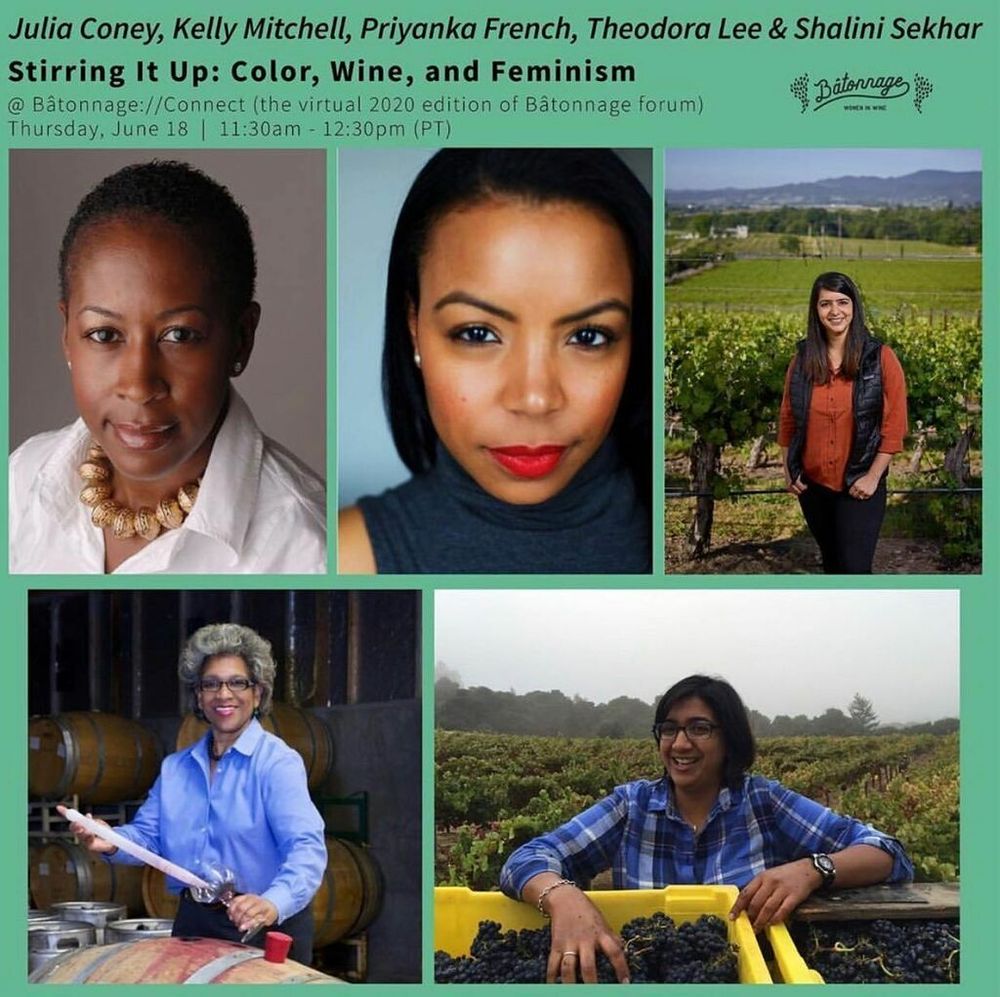
Bâtonnage Forum has been running online for the last few weeks with a series of seminars aimed at highlighting issues faced by women in the wine industry like this debate above that assessed the experiences of black women in the industry.
We’re the stewards of a conference aimed at opening up the conversation about women in wine that was founded by Stevie Stacionis and Sarah Bray in 2018. For the past two years, the event has taken place in Napa—last year saw 400+ attendees. We had every intention to carry on a similar format this past June, though moving it to Sonoma. However, it became clear that restrictions on large gatherings wouldn’t change before the summer so we made the difficult decision to move it online, difficult because the event is all about community, getting people together to share their experiences. However, our decision was met with incredible support and we were able to incorporate more voices and more perspectives as travel no longer posed an issue for would-be attendees. We’re about to wrap up the webinar series, which kicked off on June 16 with the finale on July 10, and so far, the feedback has been extremely positive.
What’s your big take-away from the changes in event management?
I’d just like to underline how much work it takes to organise an online event. I think many people conclude that it’s much easier than producing a large-scale, in-person spectacle, but it takes a lot of work behind the scenes to make a virtual event worth watching. And you’re also at the mercy of many different factors – the tech know-how of participants, how they present themselves online, the quality of their internet connection. What everybody needs right now is understanding and flexibility and I for one have been overwhelmed and inspired in the industry’s response in offering those two things to their peers during this difficult time.
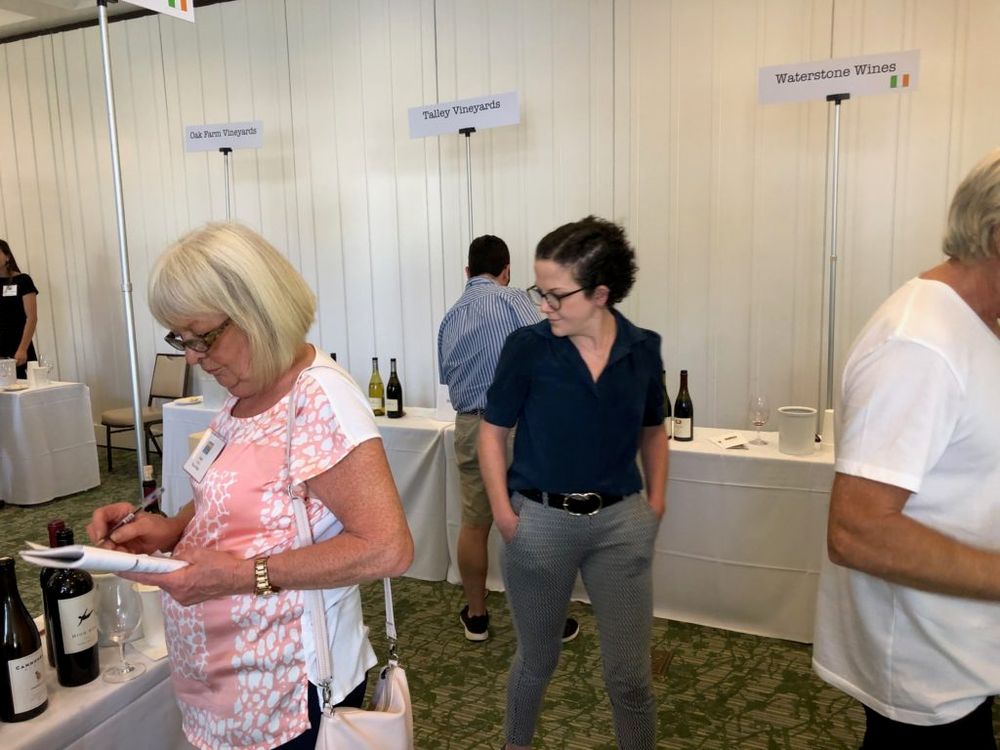
Katie Canfield quietly keeping an eye on things during the UK and Irish buyers trip to California last autumn
Do you expect virtual events will continue to be important in the future even beyond the pandemic?
Very much so. During the last couple of months people around the world who weren’t tech or web savvy have become so. The ease of access for attendees around the world and, from an organiser’s perspective, the opportunities to engage international, high-profile speakers increase by taking a program online.
Networking – integral to doing business in the drinks industry – is the missing link in the online events world and I suspect that will be what brings people back to physical events even if that’s a long way down the road from now. In the meantime, what we must be mindful of webinar and virtual tasting fatigue. Now that everyone is online and using digital channels to promote, it’s paramount to ensure that we’re not just making noise, but that we are creating new and beneficial content to our target audiences, and engaging them through chat, Q&A, etc.
At O’Donnell Lane, we are finding success in that through our alliance with leading food and drink PR specialists R&R Teamwork in the UK and Vinconnexion in Paris. Our collaboration Think Drink Global, which we established in October of last year, has been a major value add for our clients through these unsettling times, allowing us to tap new viewers and listeners, and to develop and implement new ways to approach and engage them. As I mentioned before, though we may not be able to convene physically, community is more important than ever.
- If you would like to contact Katie about organising any future events or advice or taking conferences and content online then you can contact her by email at katie@odonnell-lane.com.
